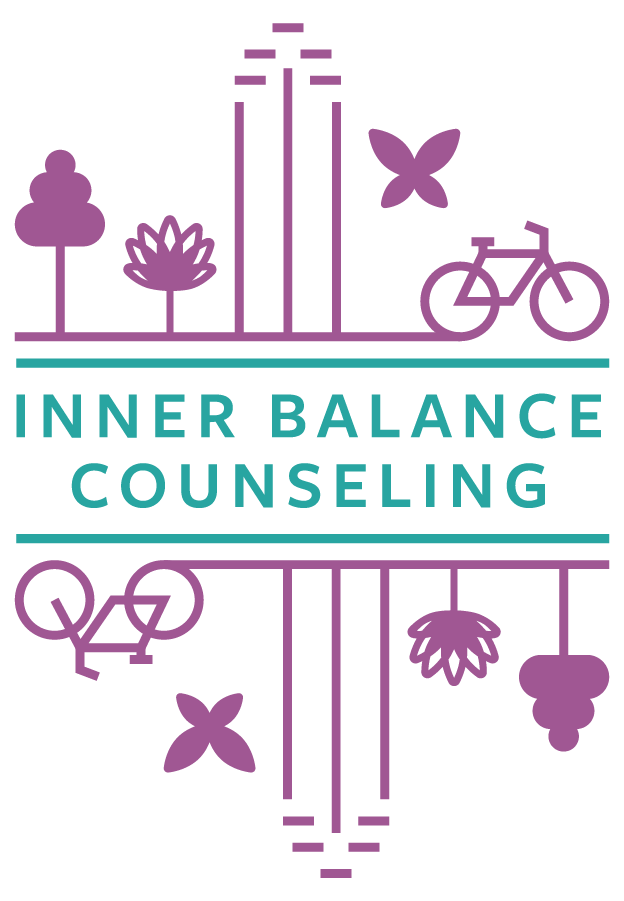5 Ways to Improve Communication with your Partner
Does it sometimes feel as though you and your partner are speaking two different languages? Do you walk away from conversations with little to no resolution? Do these conversations result in either of you feeling defensive, upset, or shut down? Is communication a continuous struggle?
If you answered yes to any of these questions, your relationship is possibly being affected by poor communication. Communication is usually a compilation of conditioned, automatic responses. In other words, we respond to the things we think we hear. Every person has a specific filter through which he or she absorbs messages from others. The holes in our filters, which are different shapes and sizes for everyone, are the products of our life experiences, previous relationships, our morals, our insecurities, etc. Therefore, our communication with others is more often a reflection of us, rather than a reflection of the person we are speaking with or our relationship with them.
Here are 5 ways to bring awareness to our own communication filters and to have more clear, productive conversations with our partners!
1. Speak directly from your emotional experience.
Your partner is not a mind reader, and he or she has no way of knowing what you are feeling and experiencing. How often do you use “protest behaviors” – the silent treatment, picking fights, avoidance – to get your partner’s attention and to signal to them that you are upset? We try to find ways to express our needs that do not require vulnerability. However, vulnerability is one of the primary components of effective communication, and interestingly enough, your partner is more likely to respond with reassurance and compassion when you appeal to them with emotion.
2. Use “I” statements. Do not attribute thoughts or feelings to your partner.
The use of “I” statements can be your biggest form of protection against the “blame game.” When you express yourself by saying: “I feel insecure when I see her name pop up on your phone” or “It upsets me when we cannot spend time together after work” you are letting your partner in on your experience of a situation. You are taking ownership of your emotions in a way that is non-accusatory. When you attribute thoughts or feelings to your partner – by saying things like “I feel like you don’t like spending time with me” or “You don’t care about this relationship” – you are inviting them to become defensive. These statements prompt your partner to defend the case being made against him or her, rather than to meet your needs on an emotional level.
3. Listen to hear.
In emotional conversations, it is so easy for us to become consumed with being “right.” We defend our perspectives ferociously by providing all the evidence we can. This desire to be right can lead to conversations that are more focused on winning and less focused on the relationship. It is important to remind yourself that the goal of this conversation is to provide both partners an opportunity to express themselves and to determine what potential improvements can be made. Listening to hear your partner, versus listening to respond, is a critical distinction. Listening to hear requires you to prioritize understanding your partner’s emotional experience. It can be helpful to repeat what you heard back to your partner to ensure you understood them correctly. Always check in with your partner by asking: “Am I understanding you correctly? What am I missing?”
4. Implement “Time Outs” when necessary.
It may be surprising to learn that taking breaks from conversations is actually healthy and productive. When flooded with emotion, our ability to communicate clearly and effectively is inhibited. Emotional flooding shuts down our prefrontal cortex, the area of the brain associated with rational thinking and good judgement. Keeping this in mind, it makes much more sense that we struggle to express ourselves when highly emotional! Taking a time out from the conversation provides us with an opportunity to self-soothe, and it engages our frontal lobe again. You must ask for a time out in a non-accusatory, non-aggressive manner, and it is helpful to explain to your partner that the need for a break is more so related to your emotional experience, rather than them. Always revisit these conversations!
5. Do not attach yourself to any particular outcome.
Lastly, it is immensely helpful to acknowledge (and shift) certain expectations. When entering into these tough conversations, we usually have a goal or best-case scenario in mind. For example, we may want our partner to agree with us or to offer more attention and affection. It is important to remember, however, that the goal for these conversations is not to get exactly what you want. Rather, the goal is to learn more about your partner’s willingness to meet your needs, attend to your emotional experience, and respect you. Any outcome is valuable information for you. If you are responsibly and respectfully communicating your needs (using the tools above) and the conversation still goes poorly, you may learn that your partner is not willing to make adjustments on certain issues that are important to you. These conversations are opportunities to learn more about yourself, your partner, and the future of the relationship.
Improving communication is a goal for most couples. It does not always come naturally, and it requires focused effort and attention from both partners. It may be helpful to meet with a couples’ therapist to discuss these concerns and ways to improve communication in ways that are specific to your relationship.
Emily Sands, LAMFT
Inner Balance Counseling

